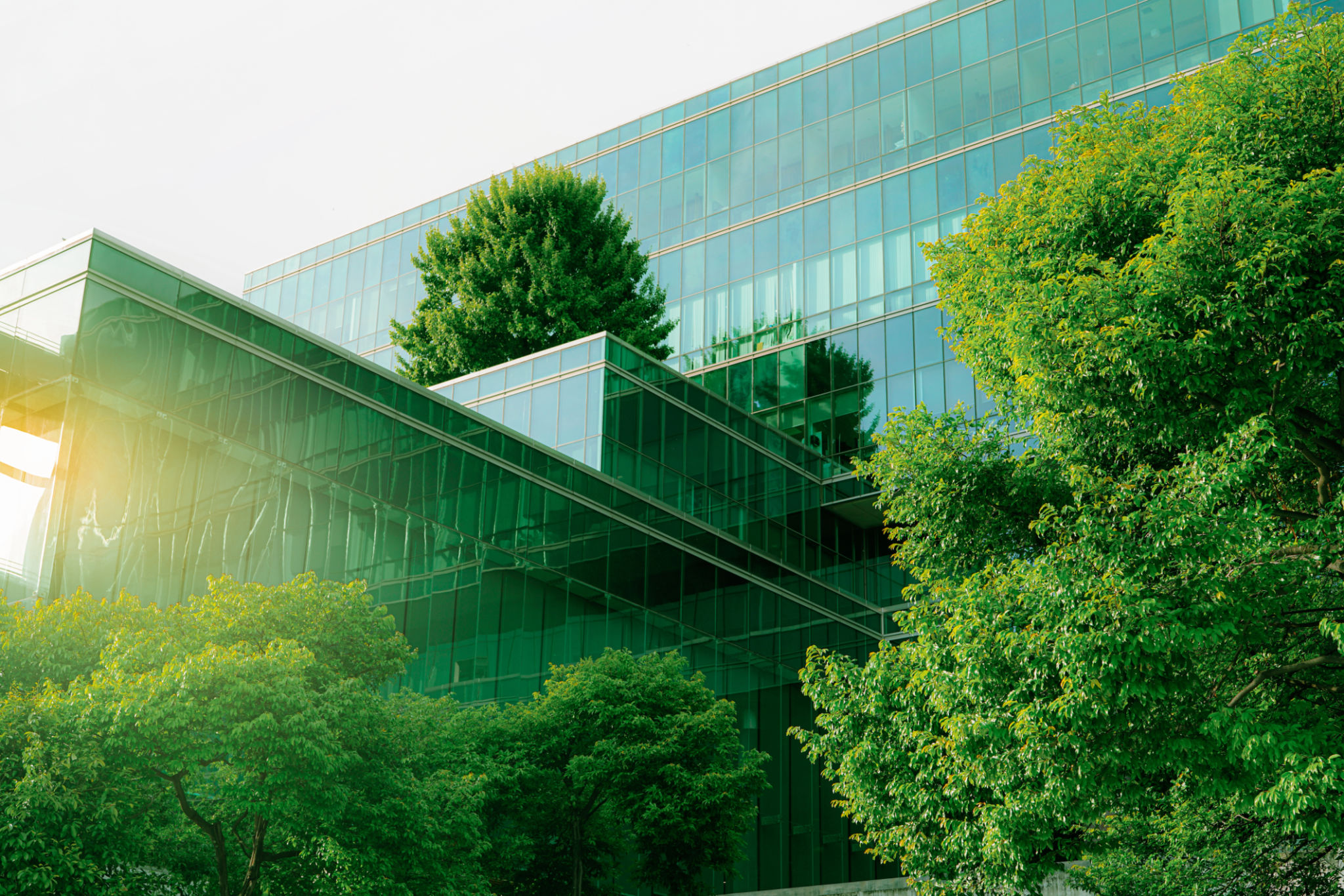Expert Tips for Sustainable Construction Practices in South Florida
Understanding Sustainable Construction
South Florida, with its unique climate and environmental challenges, presents an ideal backdrop for implementing sustainable construction practices. The focus on sustainability is not just a trend but a necessary shift towards preserving our ecosystems while accommodating growth. By integrating eco-friendly materials and innovative technologies, builders can significantly reduce the environmental footprint of their projects.

Choosing Eco-Friendly Materials
One of the first steps in sustainable construction is selecting the right materials. Opt for locally sourced, recycled, or renewable materials whenever possible. For instance, bamboo and reclaimed wood are excellent choices for flooring and structural elements. These materials not only reduce waste but also support local economies and minimize transportation emissions.
Furthermore, consider the use of non-toxic finishes and low-VOC paints to enhance indoor air quality. These choices contribute to healthier living environments, benefiting both the occupants and the planet.
Energy Efficiency and Renewable Energy
Incorporating energy-efficient designs is crucial in South Florida's warm climate. Builders should focus on maximizing natural light through strategic window placement and using high-performance insulation to maintain comfortable indoor temperatures. Additionally, energy-efficient HVAC systems can drastically reduce energy consumption.

Renewable energy sources, such as solar panels, offer sustainable alternatives to traditional power. Solar energy is particularly advantageous in South Florida due to abundant sunshine, providing a reliable source of clean energy for homes and commercial buildings alike.
Water Conservation Strategies
Water conservation is another vital aspect of sustainable construction in South Florida. Implementing systems like rainwater harvesting and greywater recycling can significantly reduce water usage. Low-flow fixtures and drought-resistant landscaping also play a crucial role in conserving this precious resource.
Designing landscapes with native plants is an effective way to create beautiful outdoor spaces that require minimal irrigation and maintenance. This practice not only saves water but also supports local biodiversity.

Waste Reduction and Recycling
Sustainable construction practices emphasize minimizing waste throughout the building process. Implementing a comprehensive waste management plan that includes recycling and reusing materials can lead to significant reductions in landfill contributions. Builders should prioritize deconstruction over demolition to salvage materials for future use.
Encouraging stakeholders, including contractors and clients, to embrace a zero-waste mindset can further enhance sustainability efforts and create a more environmentally responsible construction industry.
Embracing Sustainable Practices
Sustainable construction in South Florida requires a collaborative effort among architects, builders, and clients. By adopting these expert tips, the construction industry can move towards a more sustainable future that balances economic growth with environmental stewardship. As the demand for green buildings continues to rise, embracing these practices will not only benefit the planet but also enhance the quality of life for future generations.